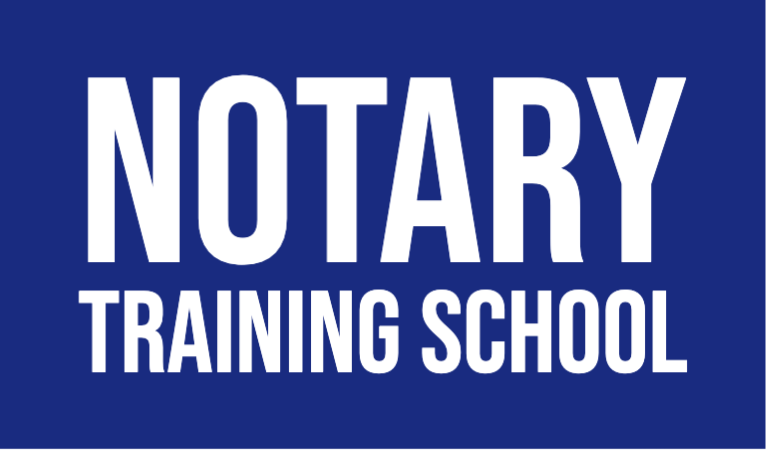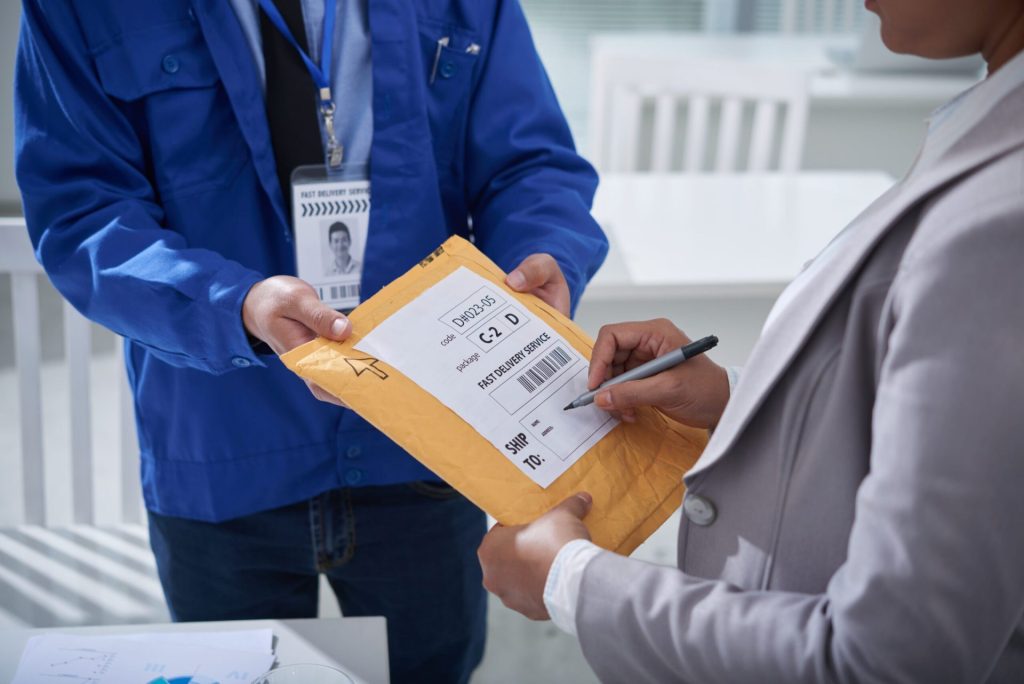Ensuring Compliance: How to Properly Complete Notarial Certificates on Loan Documents

In the world of real estate and finance, notaries play a crucial role in ensuring the legitimacy and legality of loan documents. Properly completing notarial certificates is a vital aspect of this process, as these certificates serve as official records of the notarization. This article will guide you through the essentials of notarial certificates on loan documents, emphasizing the importance of compliance and best practices. We will explore the different types of certificates, legal requirements, steps to completion, and strategies to overcome common challenges, ensuring that you are well-equipped to handle your notarial duties effectively.
Table of Contents
Understanding Notarial Certificates

Definition and Purpose
Notarial certificates are essential components of loan documents, serving as proof that a notarial act has been performed. These certificates provide a formal record that the signer has appeared before the notary, has been properly identified, and has either acknowledged their signature or sworn to the truthfulness of the document’s contents.
Types of Notarial Certificates
Acknowledgment Certificates
Acknowledgment certificates confirm that the signer personally appeared before the notary, acknowledged signing the document voluntarily, and was identified by the notary. This type of certificate is commonly used in real estate transactions and other legal documents where the signer’s identity and willingness to sign are crucial.
Jurat Certificates
Jurat certificates require the signer to swear or affirm that the contents of the document are true and sign it in the presence of the notary. This type of certificate is often used for affidavits, depositions, and other legal documents where the veracity of the information is critical.
Key Elements of a Notarial Certificate
Each notarial certificate must include specific elements to be valid:
- Venue: The location where the notarization takes place.
- Notary’s Statement: A declaration that the notarial act has been performed.
- Date: The date the notarization is performed.
- Notary’s Signature: The notary’s official signature.
- Notary’s Seal: The notary’s official seal or stamp, as required by state law.
Ensuring these elements are accurately completed is crucial for the certificate’s validity.
Legal Requirements and Regulations

Federal and State Regulations
Federal and state regulations govern notarial acts, and it’s vital to adhere to these legal standards to avoid penalties. Each state has specific requirements for notarial certificates, including the precise wording and format. For example, California mandates particular language for Acknowledgments and Jurats to be legally binding.
Specific State Requirements
Notaries must be familiar with the regulations specific to their state. This includes understanding the required wording for notarial certificates, the acceptable forms of identification for signers, and any additional requirements such as journal entries or record-keeping practices. Keeping up-to-date with changes in state laws is essential to maintain compliance.
Penalties for Non-Compliance
Failure to comply with these regulations can result in severe consequences, including fines, legal action, and loss of your notary commission. Therefore, staying informed about the latest legal requirements and regularly reviewing your state’s notary handbook is essential for maintaining compliance.
Steps to Complete a Notarial Certificate
Completing an Acknowledgment Certificate
Completing an Acknowledgment certificate involves several steps:
- Verify the Signer’s Identity: Ensure the signer presents valid identification, such as a driver’s license or passport.
- Confirm the Signer’s Willingness: Ask the signer if they willingly signed the document.
- Complete the Certificate: Fill in the venue, date, and notary statement accurately.
- Sign and Seal: Sign the certificate and affix your notary seal.
Completing a Jurat Certificate
Completing a Jurat certificate involves:
- Verify the Signer’s Identity: Ensure the signer presents valid identification.
- Administer an Oath or Affirmation: Ask the signer to swear or affirm the truthfulness of the document’s contents.
- Witness the Signing: Observe the signer as they sign the document.
- Complete the Certificate: Fill in the venue, date, and notary statement accurately.
- Sign and Seal: Sign the certificate and affix your notary seal.
Common Errors to Avoid
Avoid common errors such as incorrect dates, incomplete statements, or missing seals. Double-check your work to ensure all required elements are present and accurately completed.
Best Practices for Notarizing Loan Documents

Verifying the Identity of the Signer
Use government-issued identification to verify the signer’s identity. Be vigilant against fraud and ensure the ID is current and matches the signer’s appearance.
Ensuring Document Completeness
Before notarization, review the document to ensure all necessary information is included and accurately completed. Check for missing signatures, dates, or other critical details.
Keeping Thorough Records
Maintain detailed records of all notarial acts. This includes keeping a notary journal with entries for each notarization, including the date, type of notarial act, and signer’s details. Proper record-keeping helps protect against legal challenges and provides a reliable reference for future inquiries.
Addressing Common Challenges
Handling Incomplete or Incorrect Certificates
If a notarial certificate is incomplete or incorrect, ask the signer for clarification and make necessary corrections. Do not notarize a document with errors or missing information.
Dealing with Uncooperative Signers
Remain professional and explain the notarial process clearly. If a signer refuses to comply with required procedures, politely refuse to notarize the document. It is better to decline a notarization than to risk non-compliance.
Managing Time Constraints
Prioritize accuracy over speed. Plan your schedule to allow sufficient time for each notarization, and avoid rushing through the process. Thoroughness is crucial for ensuring compliance and preventing errors.
The Role of Technology in Notarial Acts

Overview of Electronic Notarization
Electronic notarization (e-notarization) involves performing notarial acts electronically. This process can increase efficiency and reduce errors by utilizing digital signatures and electronic records. However, it is essential to understand the legal status of e-notarization in your state.
Benefits and Limitations of E-Notarization
E-notarization offers several benefits, including faster processing times and improved document security. However, not all states have adopted e-notarization laws, and some may have specific requirements or limitations. Ensure you comply with your state’s regulations when performing e-notarizations.
Future Trends and Developments
The notary field is evolving with advancements in technology. Remote online notarization (RON), which allows notarization via video conferencing, is becoming more popular. Staying updated on these trends and developments will help you adapt and remain competitive in the notary profession.
Resources for Further Learning
Recommended Courses and Certifications
Continuous learning is crucial for staying compliant and improving your notarial skills. Consider enrolling in advanced notary courses and certifications, such as those offered by Notary Signing Training School. These programs provide comprehensive training and help you stay current with industry standards.
Useful Websites and Publications
Stay informed through reliable websites and publications dedicated to notarial practices. Websites like the National Notary Association offer valuable resources, including articles, webinars, and updates on notary laws.
Professional Notary Organizations
Joining professional notary organizations can provide support and networking opportunities. These organizations often offer continuing education, legal updates, and a community of peers to share experiences and best practices.
Conclusion
Properly completing notarial certificates on loan documents is essential for ensuring legal compliance and maintaining the integrity of the notarization process. By understanding the types of certificates, adhering to legal requirements, following best practices, and addressing common challenges, you can perform your notarial duties effectively. Continuous learning and staying updated on technological advancements will further enhance your notarial expertise, ensuring you remain a trusted and reliable professional in the field.






I would like to subscribe to newsletter